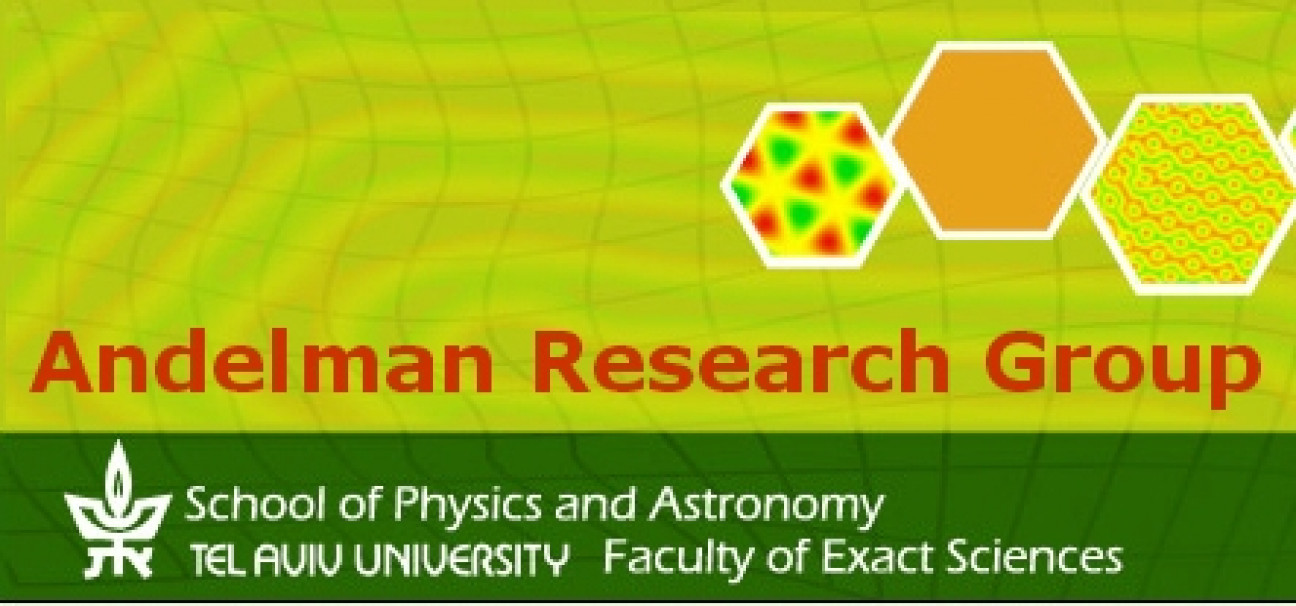Desde el Instituto de Ciencias Básicas (ICB) de la UNCUYO tenemos el agrado de invitarlo al Seminario: “Resultados recientes sobre soluciones iónicas en Física Biológica y Soft Matter”
El mismo estará a cargo del Prof. David Andelman, director de la Escuela de Física y Astronomía de la Universidad de Tel Aviv (Israel). El mismo, es un experto mundialmente reconocido en física estadística, y sus aplicaciones al estudio de sistemas biológicos, físicos y químicos. El Prof. Andelman fue colaborador de Pierre -Gilles de Gennes -premio Nobel en Física en 1991-
Orador: Prof. David Andelman, Universidad de Tel Aviv (Israel).
Fecha: martes 26 de marzo.
Hora: 12:00 hs.
Lugar: Auditorio ECT (ex Eureka), Padre Jorge Contreras 1300, Parque Gral. San Martín.
Abstract:
In aqueous solutions, dissolved ions interact strongly with the surrounding water and surfaces, thereby modifying solution properties in an ion-specific manner. The Poisson-Boltzmann description of ionic solutions has been successfully used in predicting charge distributions and interactions between charged macromolecules. However, when dealing with various aspects of real physical, chemical and biological systems, the Poisson-Boltzmann has several noticeable shortcomings. Here, we incorporate several additional effects to the ionic solution free-energy and review how this strategy has been used to predict some of the ways ion-specific effects can modify the forces acting within and between charged interfaces immersed in salt solutions. Among others, they include steric effects due to finite ion size close to interfaces, local variations of the solution dielectric constant due to the presence of ions, mixed solvent effects, direct ion-surface interactions and charge regulation, and solutions of antagonist ions.
CV Prof. David Andelman



